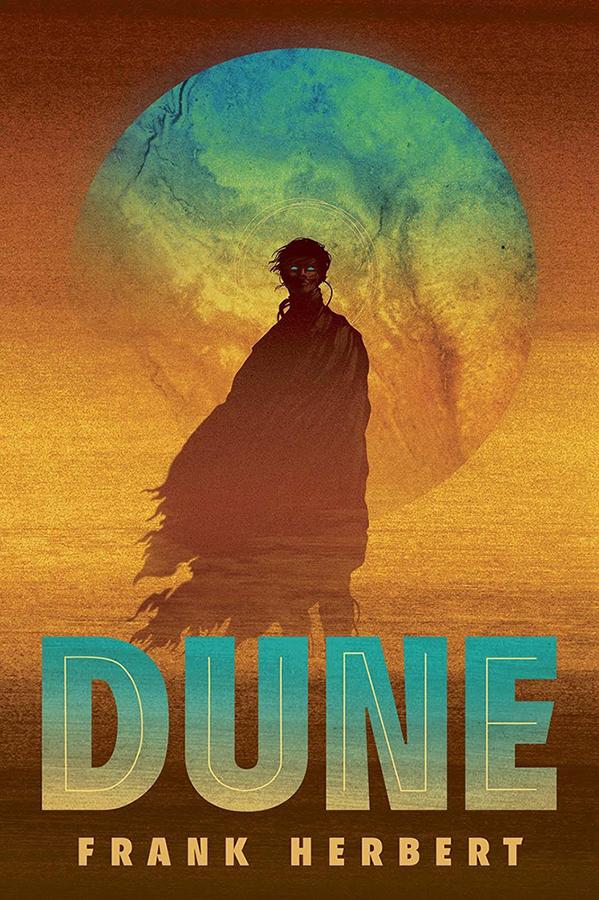TL;DR
Set in a feudal interstellar society, Frank Herbert's 'Dune' chronicles Paul Atreides' quest for vengeance and destiny on the desert planet Arrakis, where the priceless spice melange fuels conflict and ambition.
What is Dune about
'Dune' is a seminal science fiction novel that unfolds in a distant future, where noble houses vie for control over planets. The story centers on young Paul Atreides, who is thrust into a world of political intrigue, betrayal, and prophecy after his family is assigned control of the desert planet Arrakis. Arrakis is the only source of melange, a valuable spice that extends life and enhances consciousness, making it a target for rival factions. As Paul navigates the dangers of this harsh environment, he discovers his latent abilities and embarks on a transformative journey that leads him to fulfill an ancient prophecy, ultimately changing the fate of humanity.
Dune 6 Key Takeaways
The Atreides family's stewardship of Arrakis begins.
House Atreides is granted control over Arrakis, leading to political tensions with rival House Harkonnen. This initial setup introduces readers to the significance of melange and the treacherous nature of inter-house politics.
Paul's family is betrayed and destroyed.
The betrayal by House Harkonnen results in the downfall of House Atreides, forcing Paul to flee into the desert. This pivotal moment sets Paul on a path of vengeance and self-discovery.
Paul joins the Fremen and embraces his destiny.
In the desert, Paul encounters the Fremen, the native people of Arrakis. He learns their ways and begins to adopt the persona of Muad'Dib, signaling his transformation into a leader.
Paul leads a rebellion against the Harkonnens.
As he gains the trust of the Fremen, Paul rallies them to reclaim Arrakis and avenge his family, highlighting themes of power, leadership, and sacrifice.
The climax at the imperial throne.
Paul confronts the Emperor and secures his place as the ruler of the universe, fulfilling his destiny but also grappling with the heavy burdens of power.
The implications of Paul's ascension.
Paul's victory comes with dire consequences, raising questions about the nature of power, prophecy, and the future of humanity.
Top Dune Quotes
- "The mystery of life isn't a problem to be solved, but a reality to be experienced."
- "He who controls the spice controls the universe."
- "The mind commands the body and it obeys. The mind orders itself and meets resistance."
Who should read Dune?
'Dune' appeals to readers who enjoy epic science fiction filled with deep philosophical and ecological considerations. Fans of political intrigue and character-driven narratives will find Herbert's exploration of power dynamics and human evolution particularly engaging.
Dune Best Reviews
- "Dune is a breathtaking epic that transcends the genre, exploring profound themes of power and human evolution." - The New York Times
- "Herbert's world-building is unparalleled, creating a rich tapestry of politics, religion, and ecology that captivates readers." - The Guardian
- "A visionary masterpiece that challenges our perceptions of humanity and the universe." - Sci-Fi Weekly
People also liked these summaries
Dune FAQs
Is 'Dune' part of a series?
'Dune' is the first book in a series of six novels written by Frank Herbert, followed by sequels that expand on the universe and its intricate themes.
What are the major themes in 'Dune'?
Major themes include politics, religion, ecology, and the quest for identity, with a significant focus on the consequences of power and the complexities of leadership.
Is 'Dune' suitable for all ages?
Due to its heavy themes and complex narrative, 'Dune' may not be suitable for younger readers or those sensitive to intense subject matter.
